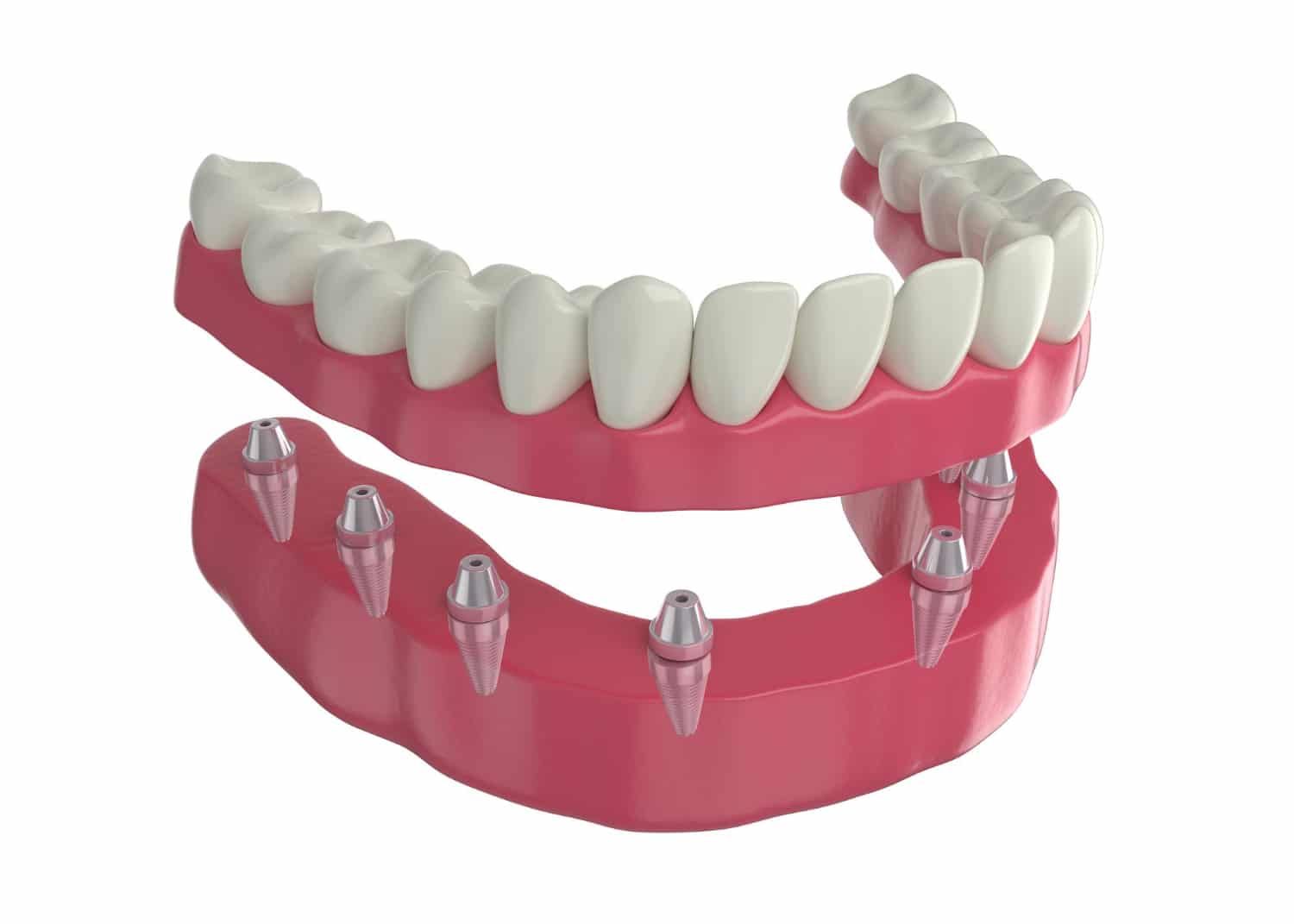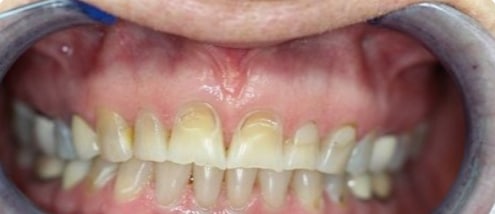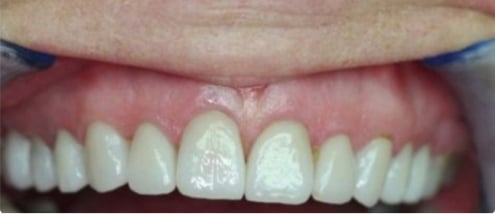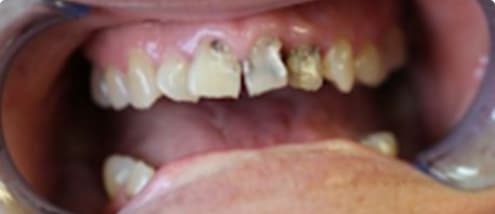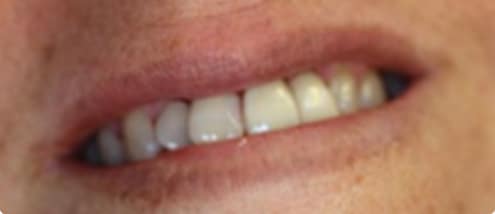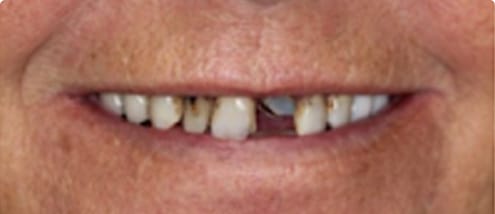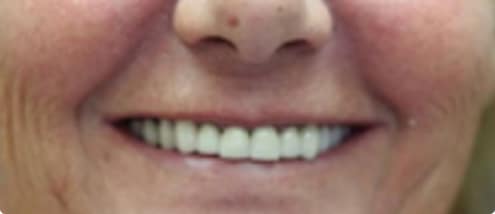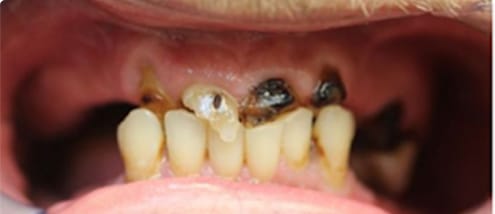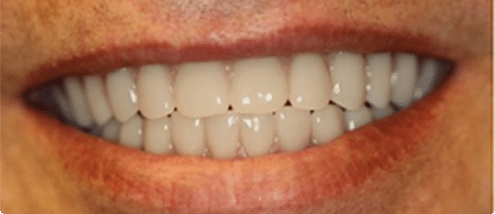Tucson Dental Implants: Are You Eligible for This Tooth Replacement Option?
If you’re missing one or more of your teeth, a high-quality titanium dental implant is a great tooth replacement option that can restore your smile. Dental implants are longer lasting, easier to care for, and better for your jawbone than dentures, which makes them an ideal option for patients who are missing teeth. They also allow you to eat all of the foods you normally enjoy. However, in order to receive dental implants, you’ll need to meet certain basic criteria. So how can you tell whether you’re eligible to receive dental implants? Here’s what you need to know.
Are You in Good Overall Health?
The dental implant placement procedure is surgical in nature, and that means you’ll need to meet all of the minimum eligibility requirements for elective surgery. If you’re pregnant or if you smoke, you may not be a good candidate for dental implants. Your Tucson dentist may also declare you ineligible if you are currently receiving chemotherapy or radiation treatment, if you’re taking steroids, or if you’ve been prescribed immunosuppressant medications.
Preferably, you’ll need to be free of diseases like thyroid conditions, uncontrolled diabetes, or blood and bone disorders, including bone marrow cancer. If you do have one of these conditions, you may or may not be eligible depending on your own individual circumstances. Your dentist can help you to understand whether your condition makes you ineligible for dental implant surgery.
Are You Free of Periodontal Disease?
In order to ensure that your new dental implants last a lifetime, your dentist will need to make sure that you don’t have any active periodontal disease. Although periodontal disease is a leading cause of tooth loss – and one of the primary reasons why people seek dental implant surgery – it’s important that any periodontal infection you’ve had in the past is completely gone before you receive your dental implants. An active periodontal infection can destroy the supportive structures that keep your dental implants intact or prevent your dental implants from fusing to your jaw, and undergoing implant surgery while you have periodontal disease could do more harm than good.
Do You Have a Strong Jawbone?
Your new dental implants will need to be fully encased in dense bone in order to be secured in place. If your jawbone has suffered significant deterioration due to prolonged periodontal disease, it will no longer have the structural integrity to support dental implants – and your implant will fail. Your Tucson dentist can perform a simple jawbone assessment to determine whether you have adequate bone density. If you don’t have enough bone left in your jaw, you may still be eligible for a dental implant if you first undergo a bone graft.
Dental implants are a great way to replace missing teeth and get back the brilliant smile you once had. And although they’re becoming more and more popular, they aren’t always an option for every patient. Your dentist can help you to understand whether dental implants are an appropriate course of treatment – and whether you might need a bone graft first. To learn more about dental implants, or to schedule an assessment and determine whether dental implants are right for you, call Badie Dental today at (520) 433-9800.

